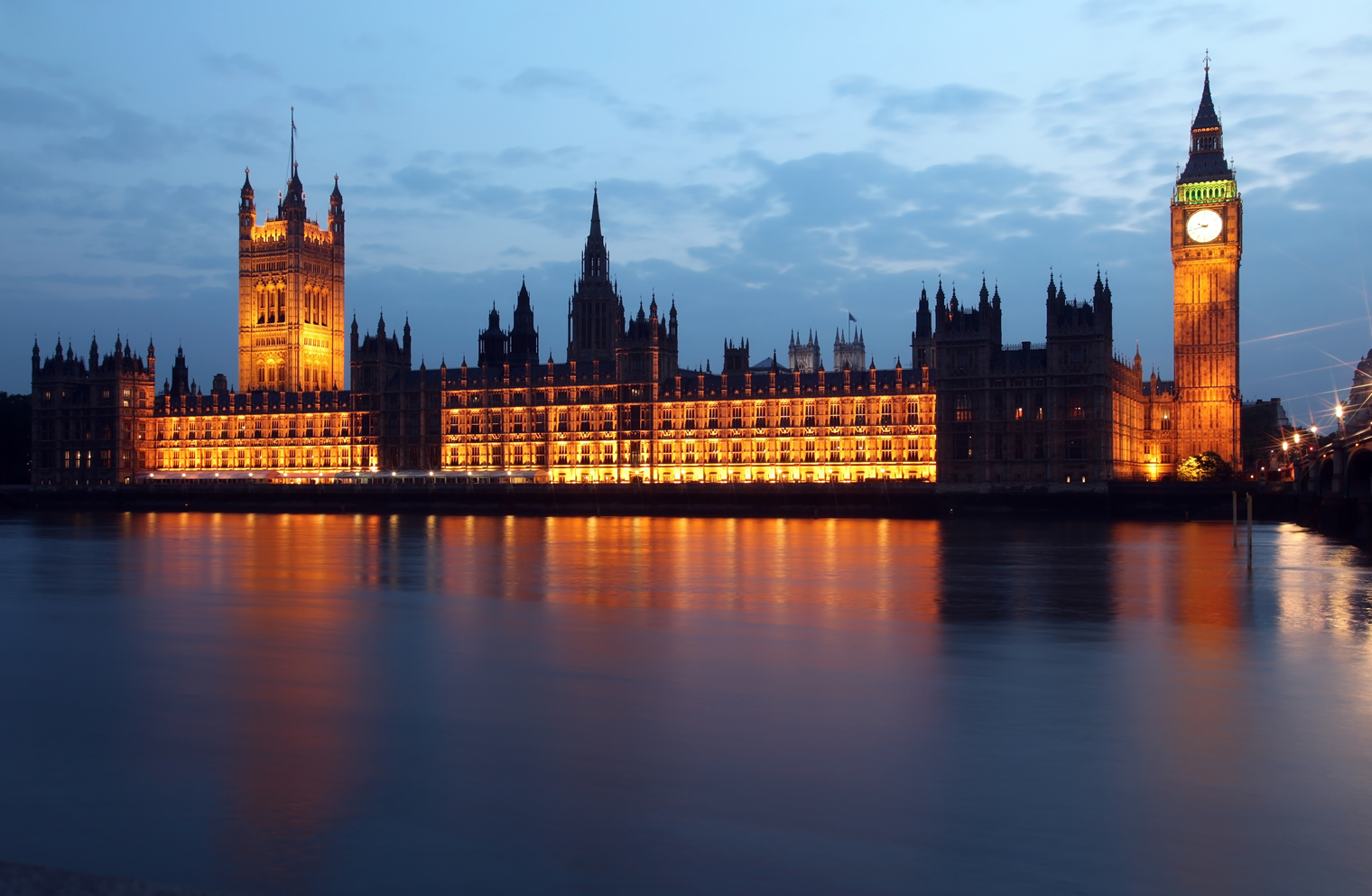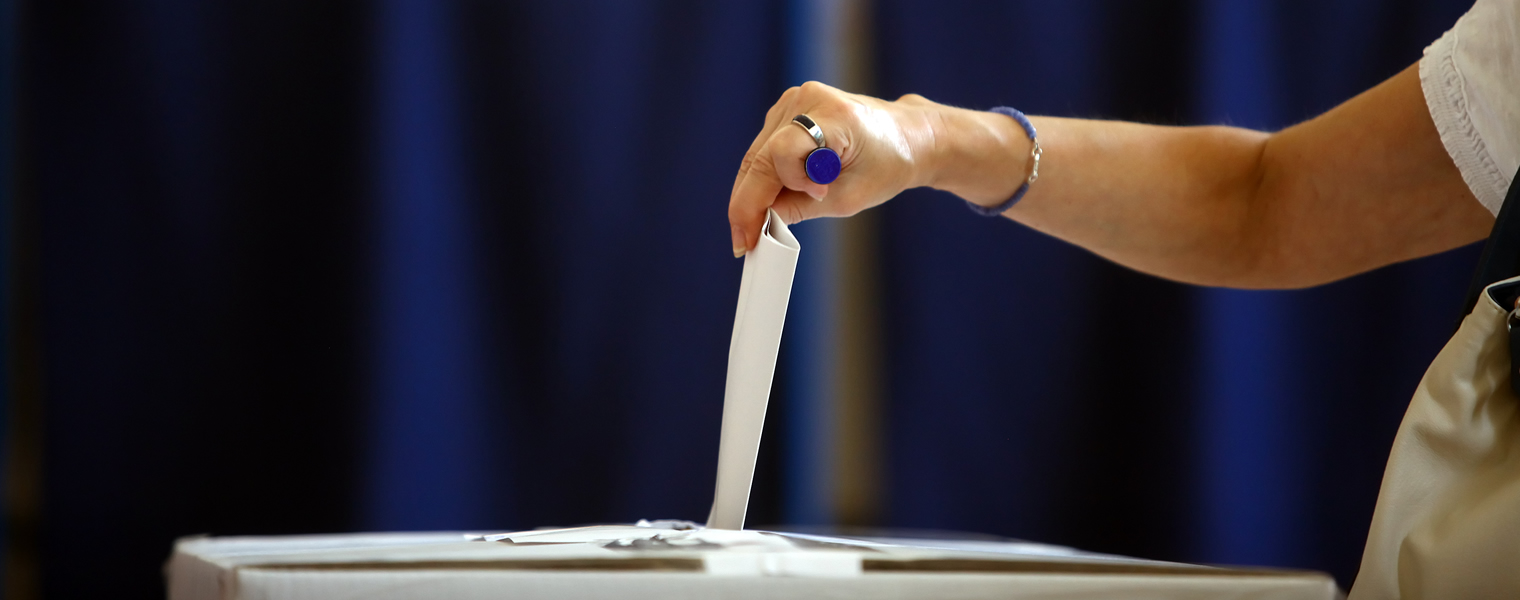Hartley News Online Your alumni and supporter magazine
Ahead of the the General Election, Ben Saunders, Associate Professor in Political Philosophy at the University of Southampton and Jeffrey Howard, Lecturer in Political Philosophy at University of Essex debated citizens’ moral duty to vote. This article has been reproduced from The Conversation.
As the general election of 2015 approaches, members of the general public are once again called on to cast their votes and decide who will represent their interests in the next government of the United Kingdom. But do the citizens of democratic states have a moral duty to answer this call?
Public figures like Russell Brand and Tim Stevens, Bishop of Leicester, have weighed in on the debate. Now, The Conversation has asked two professors of political philosophy to set out their arguments for and against.
Jeffrey Howard – affirmative
“The history of the world has given to us many sublime undertakings,” proclaimed Frederick Douglass in his 1888 speech on the struggle for universal suffrage, “but none more sublime than this.” Today, few would doubt that the fight for universal democratic empowerment was among the most morally significant struggles in history. But what, exactly, was it a fight for?
“The right to vote” seems to be the answer: but it is a misleading one. My suggestion is that those who struggled for suffrage during the past two centuries were not simply fighting for the option to vote. They were fighting for something deeper: the job of the citizen. They were fighting for a seat at the table at which the great moral challenges of their nation are debated and decided.
The job of the citizen, I believe, places moral demands on those who hold it. Voting is one of those demands. Citizens have obligations to make their societies more just and, as others have argued, to refrain from being an accomplice – however minor – to injustice.
Voting in favour of just proposals, or in support of representatives who enact them, discharges both duties in one fell swoop. By voting, we join together with like-minded citizens to collectively nudge our nation in a morally better direction. And even if we are unsuccessful – even if the forces of injustice win out – our action disassociates us from complicity with that injustice. Voting frees us of the blame that rightly attaches to citizens who vote for evil or who sit silently as others do so.
Ben Saunders – negative
Jeff Howard’s vision of citizens striving to make their societies more just may be an ideal that we should aspire to, but is it really a duty incumbent on us all? I think not.
First, note that the duty envisaged is not simply a duty to vote, but to vote for just policies (or representatives who will enact them). This is more demanding, since it implies that many voters act wrongly.
Granting, for now, that there is such a duty, it is misleading to say that citizens have a duty to vote as such. Obviously, one can only vote rightly if one votes, but there is no distinct duty to vote. Those who vote for unjust policies are no better – and presumably worse -– than those who do not vote, and surely cannot escape blame for collective wrongdoing.
Indeed, it is not clear that those who vote rightly avoid complicity. We ordinarily expect those who take part in a democratic process to accept the legitimacy of the outcome, even if outvoted. Perhaps, therefore, it is better not to vote if the decision will be unjust.
Where there is serious prospect of grave injustice, citizens promote justice through other actions, such as protesting. Voting alone does little to achieve this.
Jeffrey Howard
Ben Saunders has issued a powerful, three-pronged challenge to the thesis that citizens are morally required to vote.
First, he notes that it is implausible to think that all votes are morally meritorious. Votes for unjust policies should be condemned, not celebrated. He is right: the duty to vote must be a duty to vote well. And to do that, it is not enough simply to show up on election day and flip a coin. Voting is rightly preceded by thoughtful reflection on matters of public concern. If citizens have not done so, then they should not vote, just as a surgeon who has not researched a particular surgery should not perform it. The duty to vote, then, functions within a package of other related responsibilities.
Secondly, Ben suggests that those who vote for justice but lose may still be complicit with injustice, since their vote legitimises the process and could even obligate them to obey it. This is an important worry, but I have doubts. It cannot be true that those who go to the polls to register their fierce opposition to slavery are bound to support slavery if their opponents win the day.
Finally, Ben suggests that if achieving justice is our objective, voting may be an ineffective method, compared to other alternatives. No doubt this is sometimes so, but I believe voting retains a distinctive significance. Protests are useful, I suggest, precisely because they can alter people’s intentions about what policies and politicians they will vote for. Protests can move people to head toward a particular door, but only through voting can they unlock it.
Ben Saunders
Jeff suggests that voting can unlock the door to a more just society, but this is rather unusual. If a slave-owning society were having a referendum on the abolition of slavery, then all citizens may have an obligation to vote for its abolition (though my earlier point, that this is not a duty to vote as such, still stands). That some citizens are sometimes under an obligation to vote, however, is relatively trivial – one could easily demonstrate this simply by promising to vote.
My concern is whether citizens generally have a moral duty to vote, simply in virtue of being citizens. I do not think Jeff’s arguments give us sufficient reason to think that they do. Even if all citizens are under a duty to promote a just society, voting would only be one way to further that end, and not a particularly effective one at that.
We rarely face a situation like the slavery referendum, where there is a clear choice between justice and injustice. Ordinarily, citizens must choose between parties whose policies, taken as a package, may differ little from the viewpoint of justice. In such circumstances, citizens may better promote justice in other ways, such as by volunteering for charity
This article has been reproduced in full from The Conversation at https://theconversation.com/debate-do-citizens-have-a-moral-duty-to-vote-37880
Have your say below. Please note we do not collect individual data and results are published in real time

